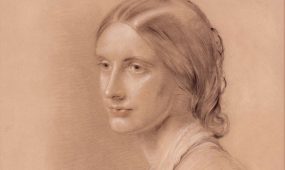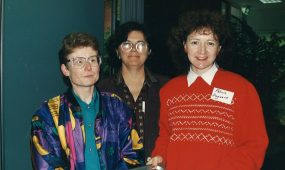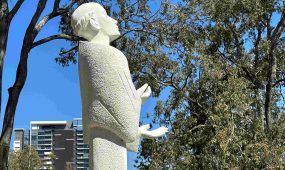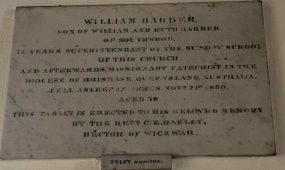Tough Questions: Has modern science disproved parts of the Bible?
People & History
“We can be confident that the Bible is true, and not in any way discredited by modern scientific discovery, however, we must always pay careful attention to the genre of any given text,” says The Rev’d Charlie Lacey from St Andrew’s, Springfield
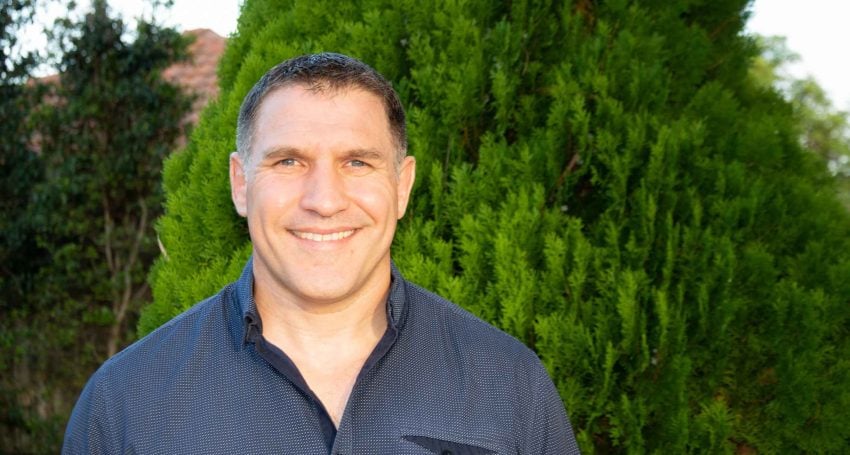
The assertion is often made that modern science has “disproved” the Bible and rendered Christianity null and void; however, nothing could be further from the truth.
Modern science was born out of a worldview that accepted the premise of there being an omnipotent God of creation. As C.S. Lewis wrote, “Men [people] became scientific because they expected Law in Nature, and they expected Law in Nature because they believed in a Legislator.” Indeed, most of the pioneers of modern science were devout Christians, who saw no contradiction between their faith and their scientific discoveries: Nicolaus Copernicus, Galileo Galilei, Johannes Kepler, Isaac Newton Robert Boyle and Francis Bacon to name but a few. And if, as some contend, science has now “outgrown” such a primitive thing as faith, how does one explain the presence of so many Christians among the world’s most eminent scientists today?
Far from discrediting the claims of Christianity, in many cases, modern science gives credence to them. The Aristotelian idea of an eternal universe was seized upon by post-Christian scientists, who were eager to remove God from the picture. However, in 1931, a Belgian cosmologist and Catholic priest by the name of Georges Lemaître, put forward a theory that has been popularised as “the big bang theory”. Lemaître’s widely accepted theory necessitates the universe having a beginning, something that was known to the authors of Genesis more than 3,000 years ago.
Another startling scientific discovery that points clearly to there being a creator is the unravelling of the human genome. This three billion letter mathematical sequence is the code required to create a human being, and it can be found in every cell of our bodies. If we were to discover a complex computer code, or even a book, we would assume that it must have an intelligent creator. The human genome is a phenomenally complex coded language; it is inconceivable that it came about solely through natural processes. Indeed, the scientist responsible for the Human Genome Project, Francis Collins, affirms that view.
Advertisement
When examining the perceived contradictions between scientific discovery and the Bible, it is important to recognise that scientific endeavour and the Bible seek to answer very different questions. The Bible contains a myriad of literary genres, but these do not include the genre of “scientific textbook”. Take, for example, the creation accounts of Genesis 1 and 2, which describe the creation of the universe in about two pages. These accounts do not attempt to answer scientific questions about creation, such as “When?” and “How?”, rather they answer the more personal questions of “Who?” and “Why?”.
When we consider the Bible’s many literary genres, we must bear in mind that something can be true without being literally true, poetry for example. In the 17th century, the Catholic Church made the mistake of refuting Galileo’s most significant discovery on the basis of a literal reading of poetry. Galileo discovered that the earth orbits the sun, but the Church was loathe to accept this fact, largely because of Psalm 104.5, which states, “He set the earth on its foundations; it can never be moved.” This verse is true, in that God did indeed establish the earth, and its position in the universe is stable and unchanging. However, this truth is expressed poetically and was never intended to be understood as a scientific dictum.
Advertisement
So, we can be confident that the Bible is true, and not in any way discredited by modern scientific discovery; however, we must always pay careful attention to the genre of any given text.
Let us conclude with what the Bible has to say about itself, namely, “All Scripture is God-breathed and is useful for teaching, rebuking, correcting and training in righteousness, so that the servant of God may be thoroughly equipped for every good work.” (2 Timothy 3.16-17)
First Published on the St Andrew’s, Springfield website in October 2023.

